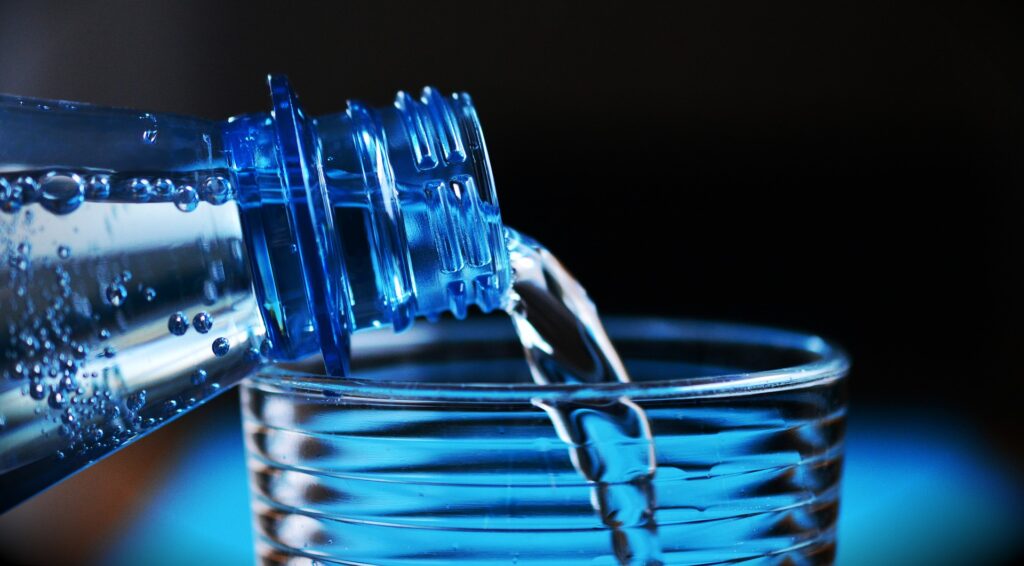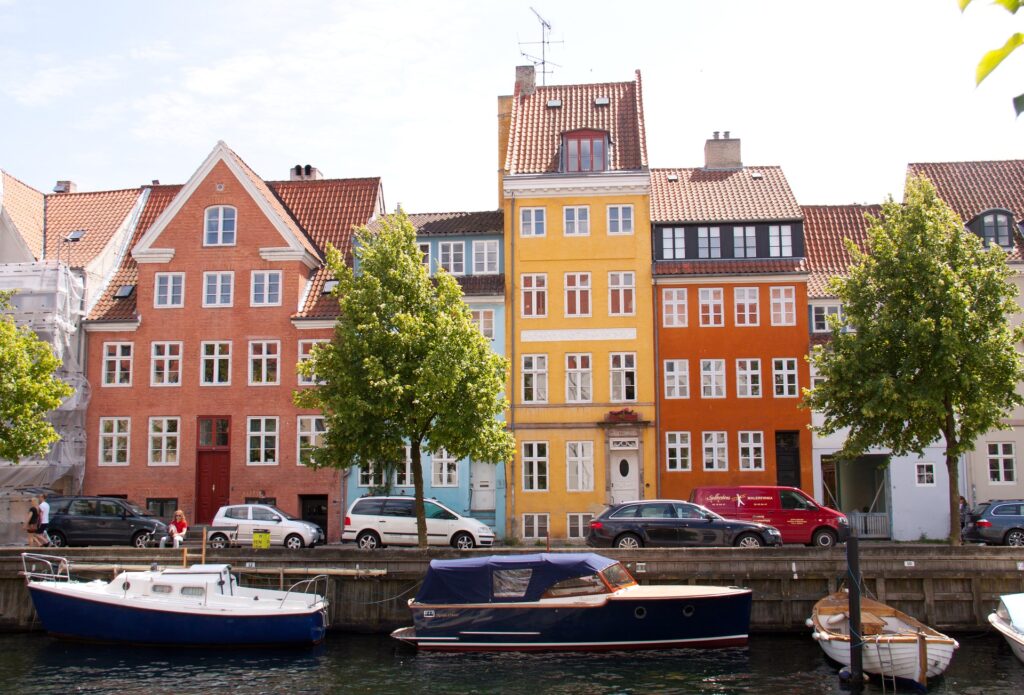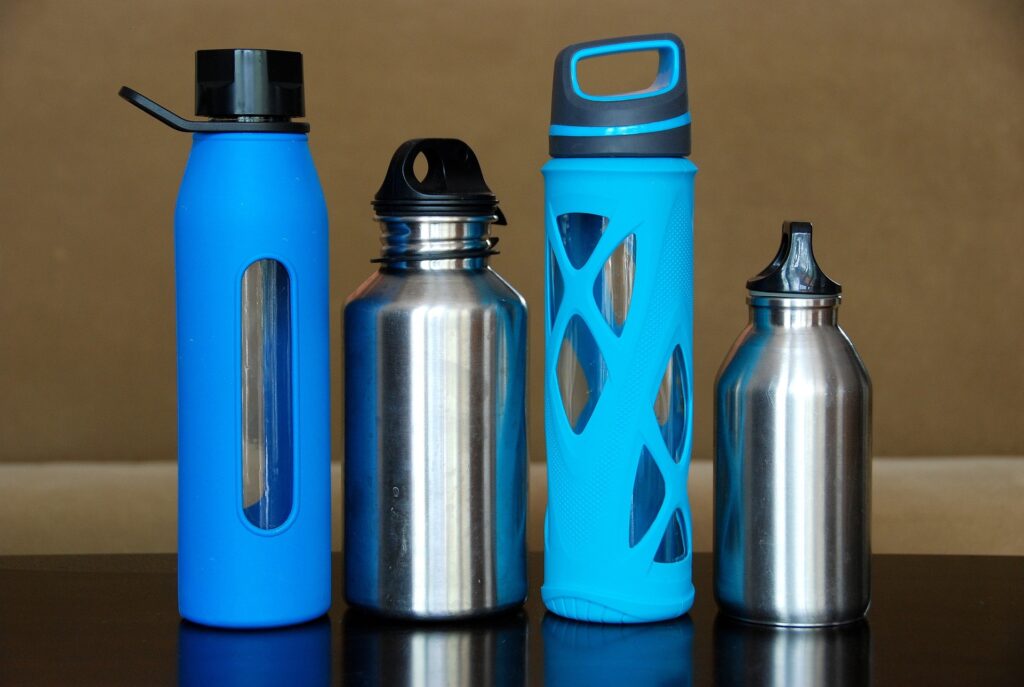Curious about the safety of drinking tap water in Copenhagen? As a traveler or resident, it’s crucial to know the facts. In this blog post, we will delve into the topic of Copenhagen’s tap water, examining its quality, treatment process, and accessibility.
Is it safe to drink tap water in Copenhagen, then? The short answer would be yes. Copenhagen’s tap water is considered high-quality and is used for cooking and cleaning. Denmark enforces strict drinking water regulations, and its water supply ranks highly worldwide. The water treatment system in Copenhagen is carefully monitored, ensuring that the water is safe to drink. Drinking tap water is also environmentally friendly, as it reduces plastic waste. Without further delay, let’s examine the safety and quality of Copenhagen’s tap water. We will also provide information on where to find refill stations and water fountains.
Staying hydrated in Copenhagen

The necessary daily amount of water for an individual can vary depending on factors like age, sex, weight, activity level, and climate. Nevertheless, a common suggestion for daily water intake is to consume a minimum of 8 glasses of water, approximately equal to 2 liters (68 ounces) per day.
If you’re visiting Copenhagen, you may be wondering if it’s safe to drink tap water. This is a reasonable question, especially since Copenhagen is an expensive destination, and buying bottled water can be costly. In fact, bottled water in Denmark tends to be more expensive than in many other European countries. By choosing to drink tap water instead, you can save money and avoid contributing to plastic waste. Plus, as we mentioned earlier, tap water in Copenhagen is of high quality and perfectly safe to drink. So, don’t hesitate to fill up your water bottle from a tap or fountain when you’re out exploring the city.
Is it safe to drink tap water in Copenhagen? Danish safety standards
Copenhagen’s water treatment system has a long history, dating back to the 19th century. Originally sourced from groundwater wells, the system has since been expanded to include surface water from Lake Arresø and Lake Tisvilde. Today, the system is designed to provide high-quality drinking water to the city’s residents and visitors.
The water goes through a multi-stage treatment process that includes filtration, disinfection, and distribution. First, large particles are removed from the water during the filtration stage, followed by a process called coagulation, where chemicals are added to help particles clump together. The clumped particles are then removed through sedimentation and filtration. The water is then disinfected using chlorine to eliminate any remaining bacteria and viruses. The amount of chlorine added is carefully regulated to ensure it is safe for consumption.
To ensure the water is of the highest quality, the water treatment system in Copenhagen is subject to strict quality control measures. The water undergoes testing at every stage of the treatment process to meet Danish drinking water standards. The standards are set by the Danish Environmental Protection Agency, which are among the strictest in the world. The water is tested for a wide range of contaminants, including bacteria, viruses, and chemicals. Independent third parties also monitor the water quality to ensure accurate and unbiased results.
Water refill stations in Copenhagen
Water refill stations and drinking fountains are readily available in Copenhagen, making it easy to access clean drinking water. These stations are conveniently located in many public areas, including parks, squares, and tourist attractions throughout the city.

One popular location for water refill stations is the Copenhagen Harbor Bath, which provides visitors with a picturesque view of the waterfront while they refill their bottles. Other prominent locations include the City Hall Square, Fælledparken, and Kongens Have.
Additionally, Copenhagen offers numerous public drinking fountains throughout the city. These fountains are situated in busy pedestrian areas, parks, and other locations, and are marked by a blue sign featuring a water droplet. Some noteworthy locations include Nyhavn, Frederiksberg Gardens, and Superkilen Park.
Overall, the availability of water refill stations and drinking fountains in Copenhagen is a convenient and eco-friendly way for visitors to stay hydrated while exploring the city.
Is it safe to drink tap water in Copenhagen? Some extra tips

If you’re looking for additional tips for accessing tap water in Copenhagen, consider the following:
- Bring a refillable water bottle: Carrying a refillable water bottle is always a smart move when exploring Copenhagen. With numerous water refill stations and drinking fountains scattered throughout the city, you’ll have plenty of opportunities to fill up your bottle and stay hydrated.
- Check your accommodations: Whether you’re staying in a hotel or hostel in Copenhagen, be sure to check if they offer complimentary bottled water or have refill stations on-site. Many accommodations have implemented sustainability initiatives that encourage guests to use refillable water bottles.
- Ask for tap water at restaurants: If you’re dining out in Copenhagen, don’t hesitate to ask for tap water instead of bottled water. Many restaurants in the city are happy to provide guests with tap water, which can help you save money and reduce plastic waste.
- Consider a portable water filter: If you’re still worried about the quality of tap water in Copenhagen, consider bringing a portable water filter with you. These filters can remove impurities and make tap water safe to drink. However, Copenhagen tap water is perfectly safe.
Remembering these suggestions can help you stay hydrated and access clean, safe tap water during your stay in Copenhagen.
Is it safe to drink tap water in Copenhagen? Conclusion
In conclusion, Copenhagen has one of the safest and best-tasting tap water supplies in the world. With a rigorous water treatment process, extensive quality control measures, and an ongoing commitment to sustainability, the city’s water supply is both safe and environmentally friendly.
